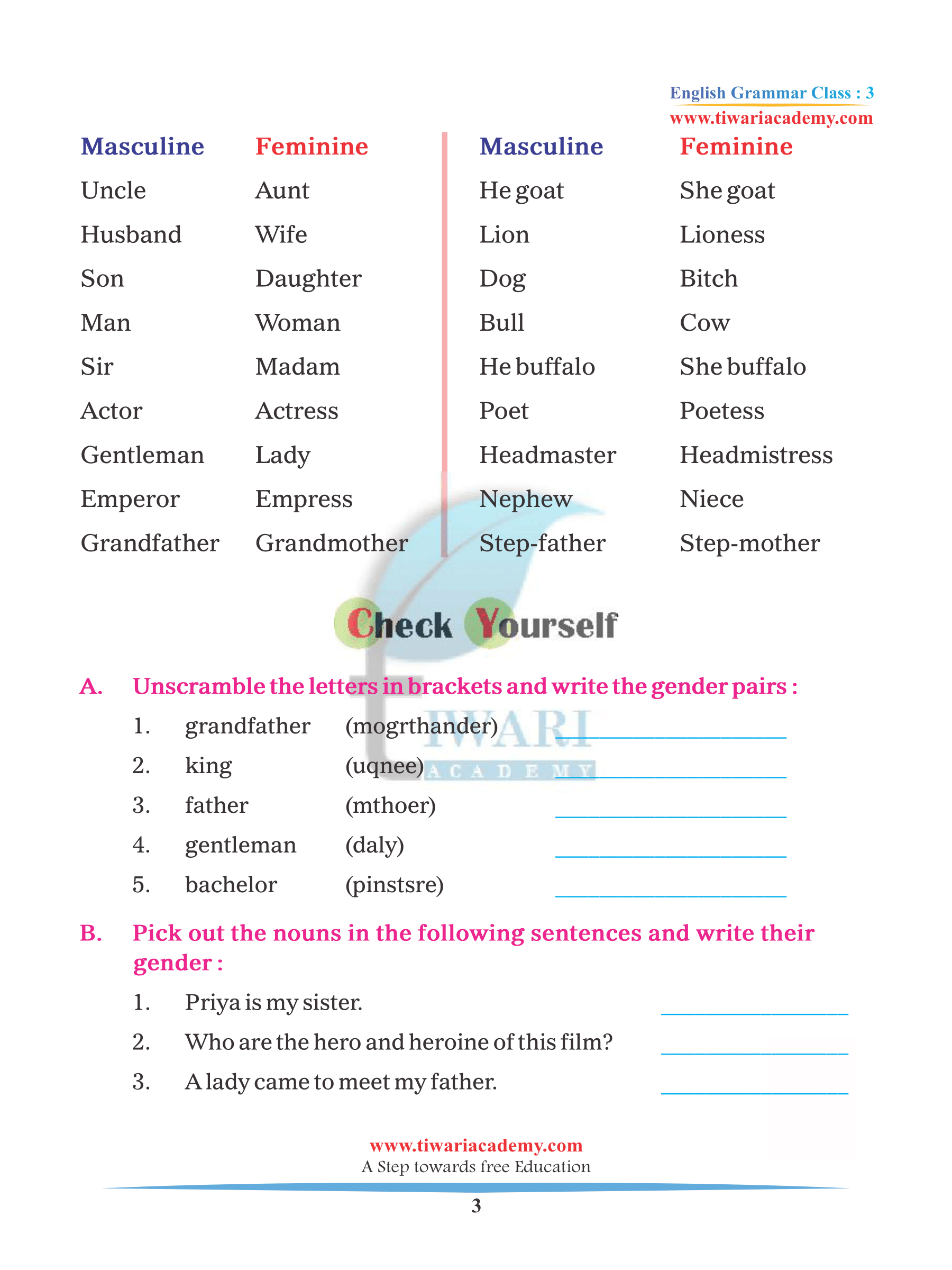Translation, audio to hear the pronunciation, a sentence to see the word in context and more. Spanish nouns are categorized as either masculine or feminine, which affects their articles and adjectives. Masculine nouns typically use the article 'el' in singular and 'los' in plural. In spanish, unlike english, all nouns (persons, places or things) are either masculine or feminine. The article (‘a’, ‘an’ or ‘the’ in english) must change according to whether the noun that follows.
Sep 20, 2024 · today’s spanish word of the day is “lugar”. It’s a masculine noun meaning “place” or “spot”. It comes from the latin word locus, which also meant “place” or “spot”, and is the. What is the difference between lugar and persona? Compare and contrast the definitions and english translations of lugar and persona on spanishdictionary. com, the world's most accurate. We will show you a list of commonly used words that take both genders and what they mean when they are feminine or masculine.
Zoe Moore: The Untold Story Of The Leak
Gia Duddy's Impact: How The Leak Changed Levi's
Angela Alvarez: A Scandalous Chapter In OnlyFans History
